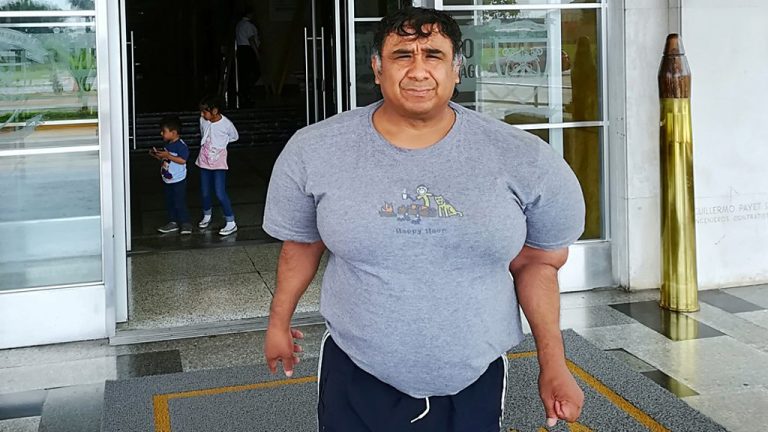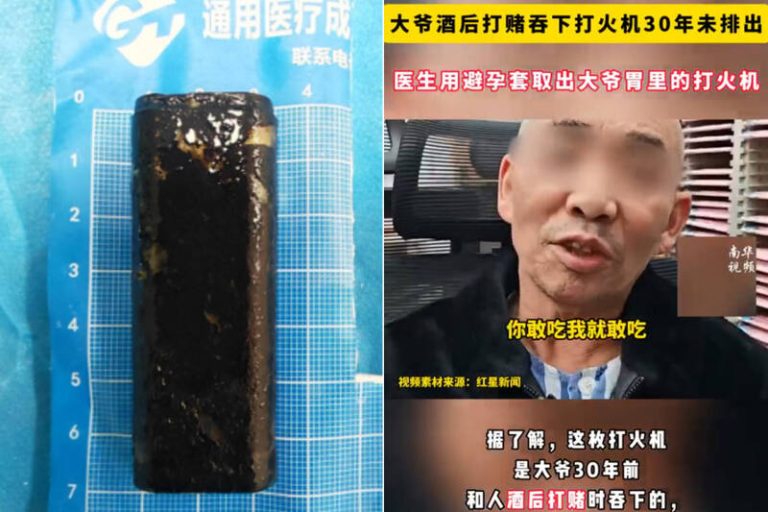A series of thefts involving the use of ultra-realistic silicone face masks in China has ignited a debate about the legality of these widely available products.
In March of this year, four homes in Shanghai were broken into, and over 100,000 yuan ($13,760) in valuables were stolen. When the police identified the main suspect, they discovered that the 40-year-old man had a silicone mask that he had used to disguise himself as an elderly man when committing the crimes. Last month, police investigating a series of burglaries in Jiangsu Province identified a man who disguised himself as an electrical worker using a realistic mask in order to minimize the risk of being identified. These are only two examples of a growing trend in China that experts warn could lead to a crime spree unless the sale of realistic silicone masks is regulated.
![]()
“Making masks isn’t wrong,” lawyer Liu Jiong from Xiamen University told Legal Daily. “The key is in regulating their use. Relevant authorities should grade the realism of face masks.”
Another problem with silicone masks in China is their wide availability via online sellers who go out of their way to ensure that the masks are of the specific size requested by the buyers and are as realistic as possible. Some businesses on platforms like Taobao sell celebrity look-alike silicone masks, but others will accept just about any order as long as the client can provide all the details necessary for the mask’s creation, like photos, measurements, and even 3D scans.
![]()
“After you place an order, we’ll direct you to a local 3D scanning point. If you can’t go, provide photos, head measurements, and 360-degree facial images,” one online seller advised a potential client.
Obviously, not everyone buys ultra-realistic silicone masks to commit crimes. Some people just want to fool around with masks of their favorite celebrities, play pranks on friends, or are simply curious about them. But Chinese magazine Shine writes that the more expensive offerings in this niche market are often purchased for very specific purposes, like unlocking a spouse’s phone with facial recognition, bypassing low-fidelity facial recognition systems, or clocking in at work when working from home.
![]()
High-quality silicone masks can cost up to 23,000 yuan ($3,200) and take up to a month to make, but some as sellers go as far as to guarantee money back if the masks don’t bypass smartphone facial recognition. Some clients on Taobao confirmed that the masks work with some smartphone face recognition systems, but struggled with software that focused on eye and skin color tests.
China is definitely not the only country in the world where criminals use silicone masks to carry out nefarious activities, but the possibility of using such disguises to bypass facial recognition technology is a big problem in a country where surveillance is virtually everywhere. The threat is apparently so great that following the recent increase in the use of silicone masks for criminal activities, some e-commerce websites have censored searches for silicone masks.












